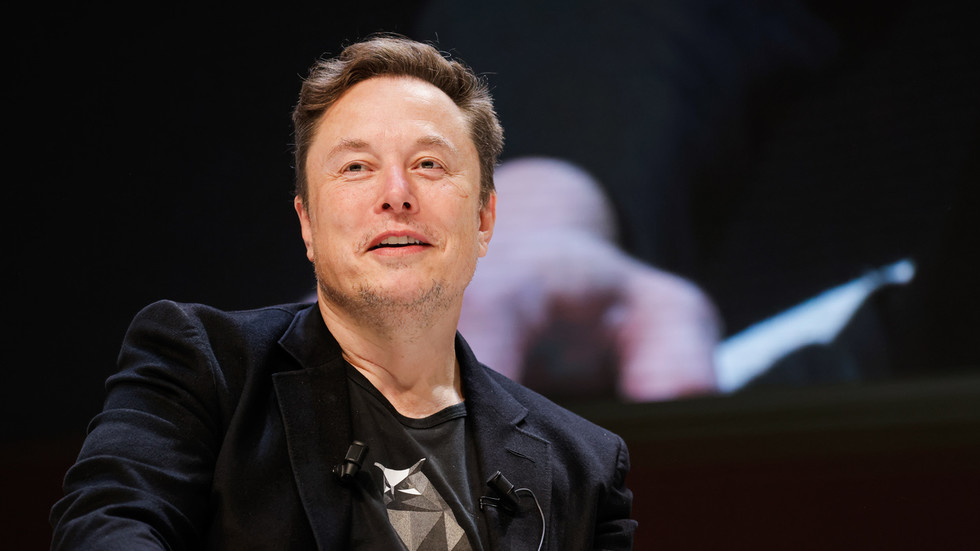The Tesla CEO wants more control through a 25% voting stake and has defended a $1 trillion compensation plan
Elon Musk is planning to build what he has described as a “robot army,” Wired reported earlier this week, citing remarks by the Tesla CEO during the company’s recent earnings call. The billionaire entrepreneur is said to be seeking greater personal influence over Tesla as it expands into robotics and AI.
According to the report, Musk is pushing to increase his voting power in Tesla to around 25% and has defended a compensation package potentially worth up to $975 billion, arguing that stronger control is necessary as the company develops humanoid robots and AI systems.
Musk reportedly told investors that his main concern is maintaining enough control over Tesla’s future direction. He said he wouldn’t feel comfortable “building a robot army” unless he has a strong say in how it operates – not total control, but significant influence.
The proposed payout unveiled in September would be distributed over ten years if Tesla meets a series of ambitious milestones. To unlock the full package, the company must raise its market value from just over $1 trillion to $8.5 trillion, deliver 20 million electric vehicles, produce 1 million robotaxis, and build 1 million Optimus humanoid robots. Achieving these targets could increase Musk’s ownership stake from 13% to 25%.
Tesla shareholders are scheduled to vote on the plan at the company’s annual meeting on November 6. Last week, Musk warned on X that he might leave Tesla if the board does not approve the package.
Tesla’s humanoid robot, Optimus, has already appeared at company events performing simple tasks. Musk said a new version, Optimus V3, is expected in the first quarter of 2026, featuring improved hands and arms – components he described as the most difficult to design.
Musk has argued that humanoid robots could transform society by taking over manual labor and reducing poverty. He described Optimus as an “incredible surgeon” and suggested that widespread use could create a world where work is optional and everyone has access to high-quality medical care.
You can share this story on social media:
Read the full article here


